Eye biometry is an examination enabling precise measurements of physical parameters of the eye. It is most often used to measure the axial length, as well as corneal thickness, anterior chamber depth and lens thickness. On this basis, the power of an artificial lens is calculated before its planned implantation during a cataract surgery. It may be performed using a contact method (ultrasound scan) or non-contact optic method, which is characterised by higher scale of accuracy. Other uses of biometry include: measurements of pathological lesions in the eye, such as tumours or cysts. Before the examination, the patient should remove make-up and contact lenses.
FAQ
An ophthalmological visit with performance of basic examinations lasts about 20 minutes. In some Centres, the examinations being part of the visit are performed by auxiliary personnel in the examination room. These activities are also included in the time of the basic visit.
Yes, it is recommended that contact lenses be removed before the visit. The patient should bring the lenses to the visit, since the doctor may ask the patient to insert them.
The cost of a visit is as per the price list on our website.
Yes, but you should inform the doctor that you would like to select glasses or lenses at the beginning of the visit.
During the first visit, the doctor takes the patient’s ophthalmological history. If the patient has any ophthalmological documentation from other institutions, it is worth taking it to the visit.
Ophthalmological check-ups is an individual matter. The doctor usually informs the patient during the visit when he/she should return. Patients over 50 should have a check-up at least once a year.

